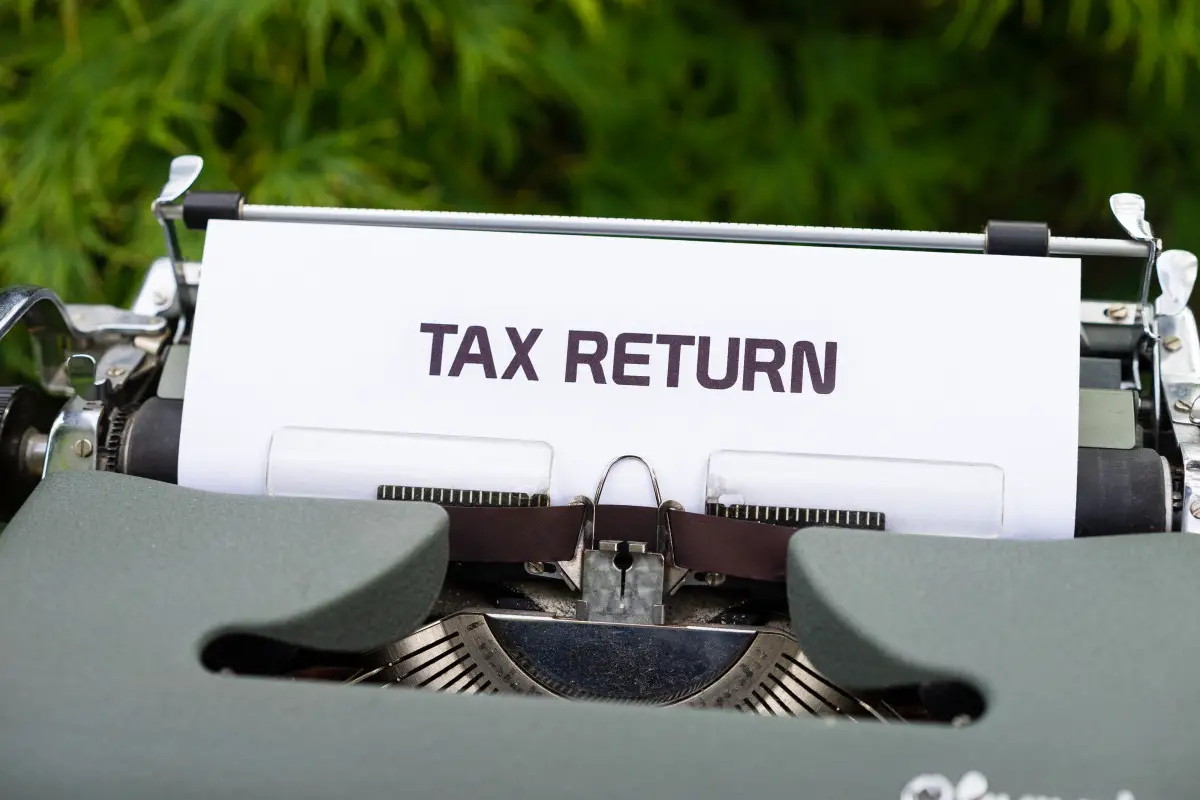If you are an employee or self-employed and earn a wage, it is crucial to know what impact the new tax increases will have on your salary.
In this article, we cover:
-
When is the new tax increase?
-
New National Insurance Contributions
-
New Income Tax rise and thresholds
1. When is the new tax increase?

The new tax increase was announced in the 2021 Autumn Budget and takes effect in April 2022. The new levy will mean most tax payers will pay more money to the government, which may affect their cost of living, particularly if they don’t receive an annual pay rise.
2. New National Insurance Contributions

From the 6th of April, 2022, National Insurance Contributions will rise by 1.25 percentage points. The National Insurance increase is part of government plans to bring in a health and social care levy, so that workers fund the social care crisis and NHS.
For the period 2022 to 23, the levy will be round up in your regular National Insurance payments. However, from 2023, the new NHS and social care levy will be split into separate charges. Workers over state pension age and earning wages will also pay the new social care levy from April 2023.
Response to NI changes

Government back-benchers, including MPs Mel Stride and Robert Jenrick, have put pressure on the Prime Minister, Boris Johnson, to scrap the health and social care new tax, as people are currently experiencing a cost of living crisis. In response, the Prime Minister stated “The NHS has done an amazing job, but it has been under terrible strain. Listen to what I’m saying: We’ve got to put that money in. We’ve got to make that investment in our NHS.”
Lower and upper earning limits

The National Insurance lower earning limits will rise by 3.1%, in line with December inflation . The upper earnings threshold remains unchanged. Below we detail the National Insurance hike for employees, self-employed individuals, and for those who make voluntary National Insurance Contributions.
Read: How the pressure of inflation affects your salary
Employees (Class 1 National Insurance)
Employees pay National Insurance at the following rates:
-
People earning less than £9,880 - 0%
-
Employee earnings between £9,880 - £50,270 - 13.25%
-
Employee earnings above £50,270 - 3.25%
Self-employed (Class 2 & 4 National Insurance)
Self-employed pay Class 2 and 4 NIC, depending on how much they earn:
-
Profits less than £6,725 - 0%
-
Profits between £6,725 - £9,880 - £3.15 per week
-
Profits between £9,880 - £50,270 - 10.25% + £3.15 per week
-
Profits above £50,270 - 3.25% + £3.15 per week
Voluntary (Class 3 National Insurance)
If you have gaps in your National Insurance record, you may decide to pay Class 3 National Insurance. Class 3 NIC is often paid to ensure you are eligible for the state pension or other contributions-based benefits:
-
Class 3 NIC - £15.85 per week
3. New Income Tax rise and thresholds

Unlike National Insurance, your UK Income Tax is calculated by employers and is based on your tax code and taxable income above your personal allowance. Employers calculate your deductions at different rates depending on which of the four nations in the UK you work.
2022-23 tax rates in England and Northern Ireland

The government stipulates an employee personal allowance of £12,570 per year, followed by:
-
Basic rate tax - 20% on annual earnings above the threshold and up to £37,700
-
Higher rate tax - 40% on earnings between £37,701 - £150,000
-
Additional tax rate - 45% on wages paid above £150,000
2022-23 tax changes in Scotland
The employee personal allowance is the same in Scotland, at £12,570 per year, followed by:
-
19% on annual earnings above the threshold and up to £2,162
-
20% on earnings between £2,163 - £13,118
-
21% on wages paid between £13,119 - £31,092
-
41% on salaries between £31,093 - £150,000
-
46% on salaries above £150,000
2022-23 tax in Wales
The personal allowance for employees in Wales is £12,570 per year, followed by:
-
20% on annual salaries above the threshold and up to £37,700
-
40% on salaries between £37,701 - £150,000
-
45% on salaries paid above £150,000
Tax rise FAQs
Here we answer your questions on how taxation affects average salaries.
How will the new NI increase affect me?
If your earnings are below £9,880 per year, the government does not expect you to pay the new health charge intended to fund social care. Higher rate tax payers and those at the bottom end of the pay scale are expected to be hit hardest.
Inflation rose at its highest rate for thirty years in December 2021, adding to the woes of low income employees and younger workers who are expected to be hardest hit. With inflation high and living costs increasing, you may feel the strain on your savings.
Is personal tax allowance increasing in 2022?
No, the personal allowance is remaining the same at £12,570.
What does the NI increase mean for me?
If you earn a salary of £20,000 you pay falls into the primary threshold and from April 2022, you will pay an additional £130 per year.
If you are an employee earning £30,000, you will be expected to pay an additional £255 more each year. If you are paid a salary of £40,000, you will pay an extra £380 each year, and an extra £505 per year if you have earnings of £50,000. In the higher rate threshold, workers paid £80,000 will be charged an extra £880.
What is the tax allowance for 2021 to 2022?
The personal allowance for 2021-22 is £12,570.
